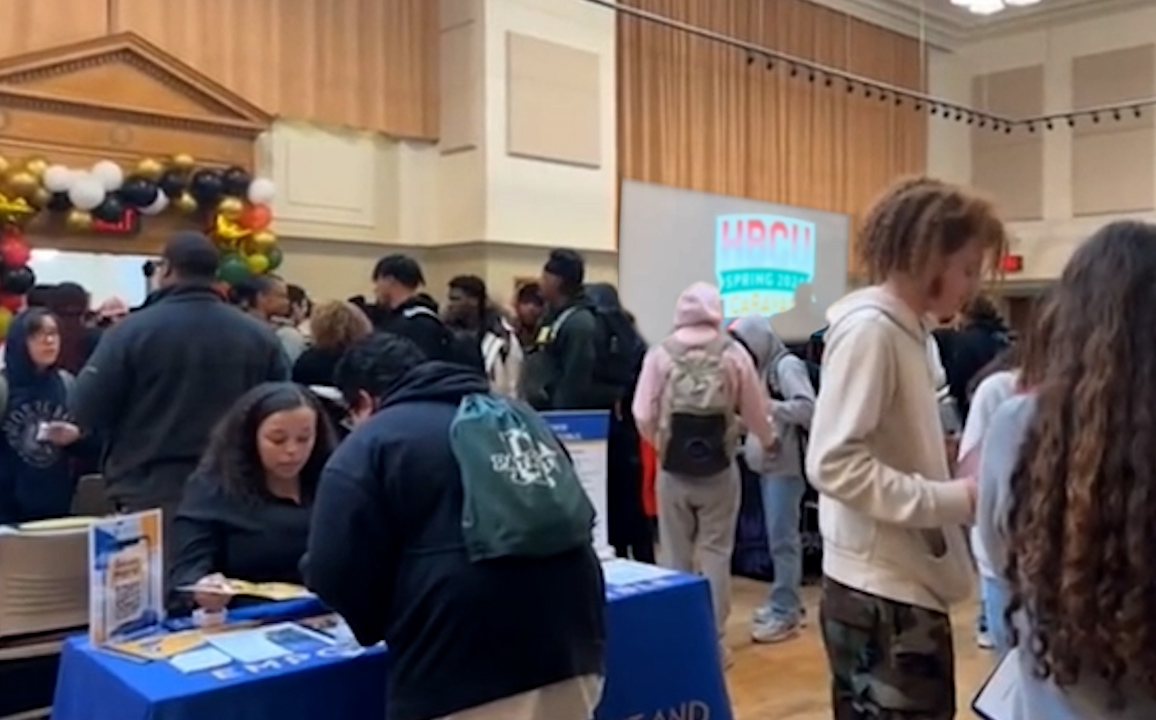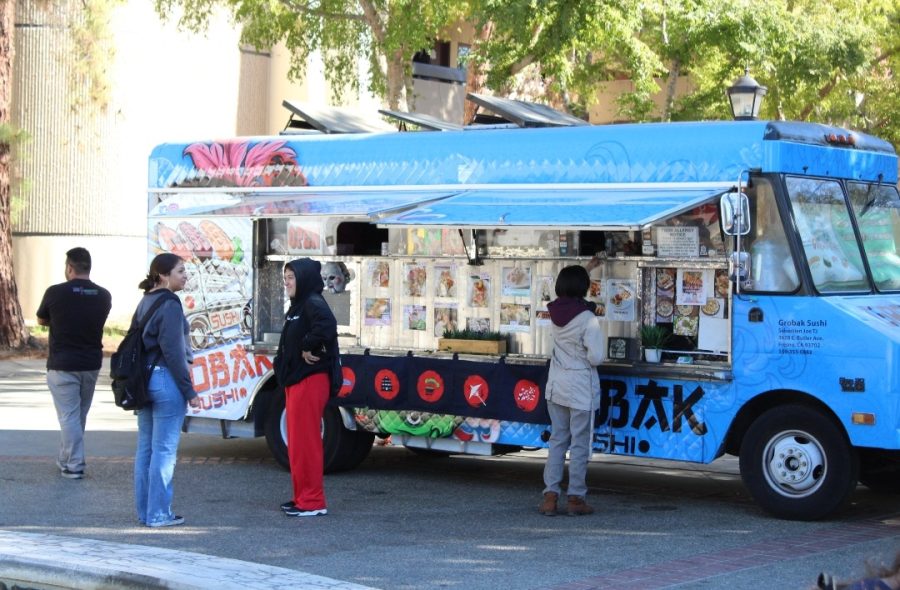Erick Beltran, Fine Arts major at Fresno City College, says he considers himself a typical student. He gets to campus about an hour before his classes but finds that all the parking spaces are taken. Like many other students, he must hustle for a space in the surrounding neighborhoods. Sometimes, he is lucky and finds one somewhere nearby. Other times, he must trek as much as a half a mile to campus. To cut his travelling time, Beltran rides a skateboard, a forbidden act, according to FCC policies. “I ride my skateboard on campus sometimes, but it makes me feel like a criminal,” said Beltran.
The skateboarding policy isn’t the only rule being broken on a regular basis, knowingly or unknowingly. A few others include:
1- According to the Citation Protest Procedures that not being able to park in a parking spot with a broken meter “will not be considered a valid excuse because people break them on purpose.”
2- Passing out or posting flyers and handbills without getting them approved first. The policy is an easy one to comply with: go to college activities and have them stamp your documents for public aproval, but it’s a common sight to see kiosks covered with ads lacking the stamp.
3- The area designated to free speech on the Fresno City College campus is a “limited public forum.”
4- “Anyone found with a stolen [parking] permit is subject to arrest and their vehicle impounded.”
5- And …A selectively enforce rule, regulation five of the SCCD Policy Governing Operation of Motor Vehicles on College Campuses states that “Nor shall any person skateboard, roller skate, rollerblade, ride bicycles, or scooters upon driveways, sidewalks, or landscaped areas.”
It is a common belief that students are allowed to ride their bikes on campus at a “slow speed.” As the policy clearly states it, this belief is wrong. The signs around campus, the officers enforcing the law, and even the school administrators have all been unevenly enforcing the school policy. “I think it is unfair that students can ride their bike at a ‘slow speed,’ why not ‘slow speed’ skateboarding?” said Erick Beltran.
That point came to the foreground of discussion in the aftermath of an altercation between SCCDPD and a skateboarder on the afternoon of Sep. 25, Officers saw Moultre crossing the fountain area with a skateboard. Accounts vary as to whether or not he was on the board at the time, but all witnesses attribute the start of
the incident to Moultre’s board. After stopping Moultre, the Officer felt he was holding it in a threatening fashion. Attempts to confiscate the board were met with resistance, which escalated into a bigger conflict that ended with Moultre and his brother being arrested.
The incident brought a renewed focus on some of the FCC’s policies. Students as well as staff have become aware of other policies FCC holds after the incident happened. Before this event, many FCC students were ignorant of some rules on campus, like the bicycle policy .
Some students argue that some rules are outdated or plain outrageous andthatthey stifle students’ rights and abilities to express themselves. “I think it’s pretty ridiculous that in a learning institution, they are trying to suppress the exchange of ideas by restricting your right to free speech,” said Rigo Garcia member of the Sustainable Actions club. He added, “It almost seems as whoever is in charge of the policies on campus is trying to pacify students by limiting the amount of information they receive.”
Humanities teacher and Sustainable Actions club advisor Paul Gilmore states, “I think there is a kind of mentality amongst some people, that the students here are children. They are not, they are adults.”
As if to drive this point home, Fresno State University’s policies are much more lax. Students wishing to hold an event simply have to check in with the College Activities office to confirm that they won’t be interfering with a previously scheduled activity (what if the student intent is to protest the other event?). The only time the college could delay the event is if they feel it would present a safety hazard. Even then, the policy is a refferal to the risk assessment office, where organizers work with school officials to allow for the event while insuring that appropriate security and safety precautions are being taken.
Paul Gilmore added, “What I would like to see is a campus that is open when and if the atmosphere does change.”
Categories:
Get to Know FCC’s Rules and Policies
Story By: Laura Solis
October 21, 2009
0
More to Discover



